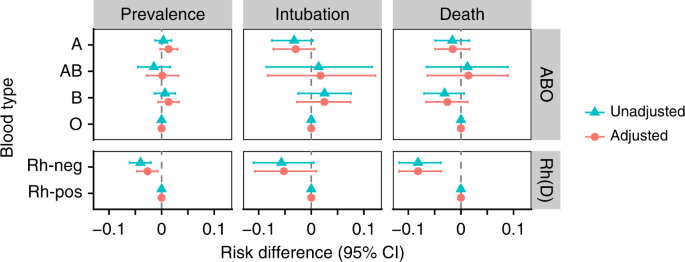

In other words, because of TV medical shows which rightly show O- as the "Universal" blood type, used frequently in ER trauma victims, people misundstand the uses of blood, and that the vast majority of actual uses for blood are not in ICU trauma cases.Īs for your blood type, if you have ever had a transfusion, given blood or have certain health conditions or blood types, you will definitely know your blood type and likely have a "donor/recipient ID Card" with your blood type. However, this misunderstanding often leads to a shortage of other essential blood types, all of which are needed, causing an overdependance on O- donations, as many blood banks fail to keep supplies of rarer (AB-, A-, B- AB+) and essential (O-, O+, A+,) blood types in balance With that being said, the reason I'm stressing the importance of this awareness is because of the fact that many people with the non "universal" Bloodtype falsely believe their blood is not needed/useful due to O-'s compatability with all types. Likewise, in a situation where a coherent patient is advised they may need a blood transfusion, there would be incentive to lie about their bloodtype and even if a patient did lie or, like many people didn't know their blood type, a sample would be collected and tested anyhow as a routine screening preceding a possible or planned blood, plasma or similar transfusion.

If that were the case, there would be no point of hospitals, blood banks and blood drives to stock, collect and keep a steady supply of every blood type.

I just want to clear some misinformation/misunderstandings I'm seeing about Blood Types, Transfusions and such.įirst of all a hospital is not going to "not" believe/ask/check for any record of a patient's blood type and proceed to automatically give every person in need of a transfusion O.


 0 kommentar(er)
0 kommentar(er)
